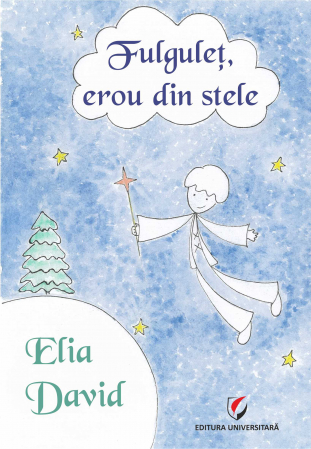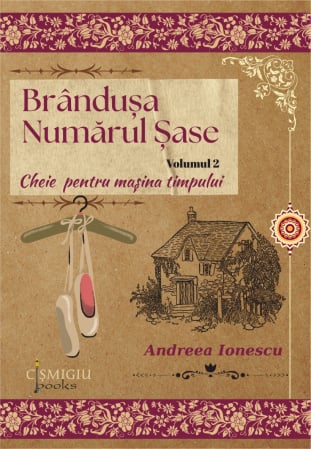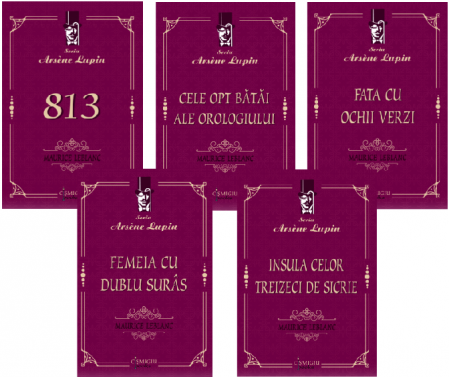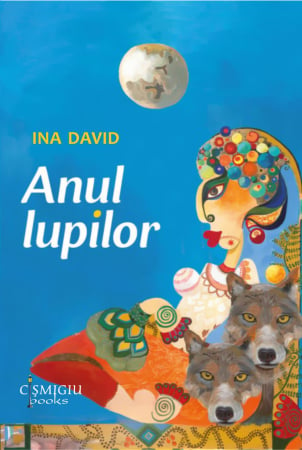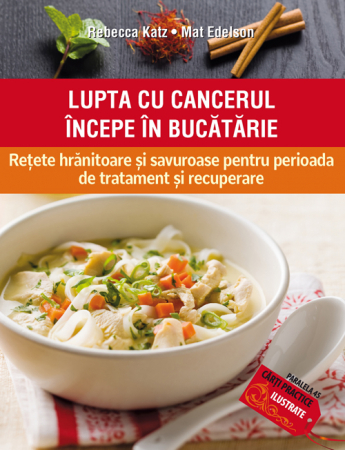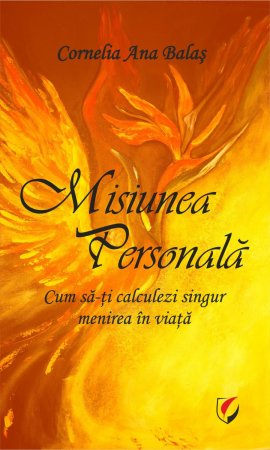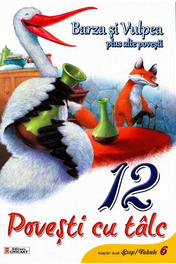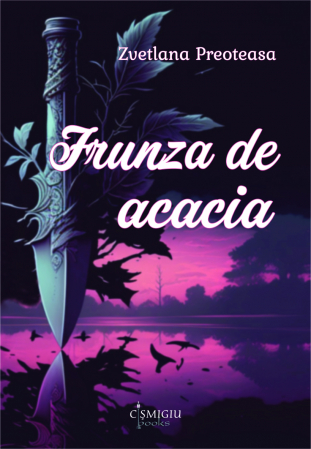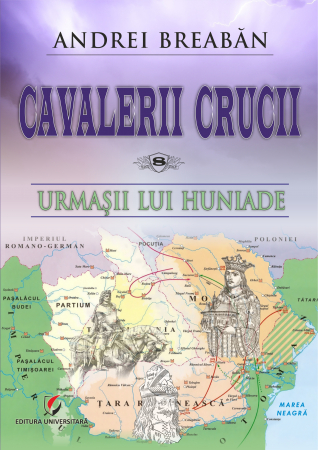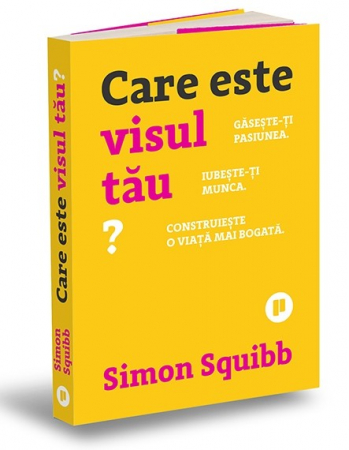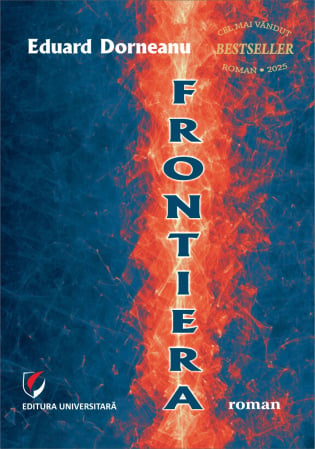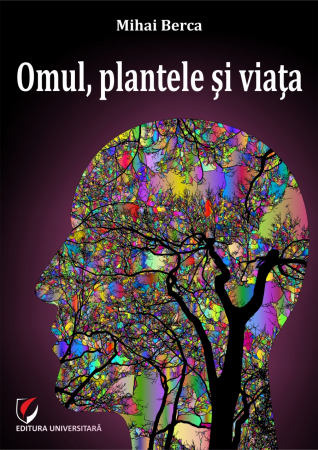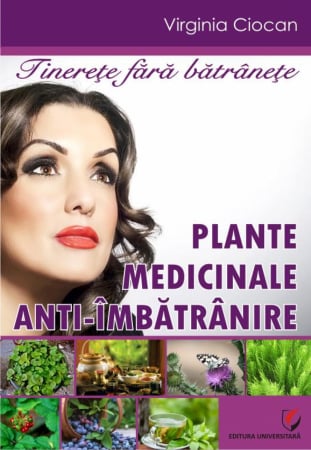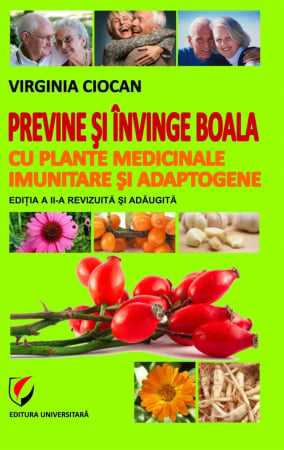ISBN: 978-606-591-113-0
Publisher year: 2011
Edition: II
Pages: 200
Publisher: Editura Universitară
Author:
- Description
- Authors
- Reviews (0)
Few books of Swiss literature - and perhaps even in the world - have enjoyed a resounding success so immediately after the occurrence, the volume Sez Ner, translated by us. The book quickly sold thousands of copies, and the author was invited to present the volume in over a hundred places in his country and abroad. Currently, Sez Ner is a book translated into ten languages, and author of numerous awards received in Switzerland and across the border to neighboring countries. Arno Camenisch is one of the rare writers who live in the writing. Ed Romans in the city of Chur (Cuera) made an edition of six compact discs audit in reading the author, and various theaters in Switzerland starting this year will present a dramatized version of the book. Arno Camenisch's work so far enjoyed over 60 reviews in publications German, Romanian, French and Italian and a Romanian presentation.
What does the book title says? In the center of Roman Surselva known regions, the small country writer, is really a mountain called Sezner average height. The writer has separated its real name in an Sez Ner literary name which, depending on the stressed word in the phrase can mean either "black, black himself (devil?)", With emphasis on SEZ or "black seat" with emphasis on Ner. Being a resonance own without significance in the Romanian space and I preferred a more transparent way in our language: Mount Sez Ner. Although seemingly independent, the book is part of a trilogy, which appeared last year in Germany and the second volume behind the station. Both writings refer to the author's childhood environment.
Several reasons, in our opinion, have contributed to the literary success in and outside Switzerland. First, that the author himself wrote his work in two languages, first in one movement (Germany) and then rewrote it in his mother tongue, less common, but very appropriate subject (Romans), known as lexical richness of the latter in the field grazing. Comparing the two versions, realize the mutual enrichment of the two idioms, one at the expense of others. Romans access to technical vocabulary of Germany, for example, and Germany is enriched with specific terms of grazing Romans. The two versions are not perfectly even, but coincide in their essence. The author confesses that he wanted to combine the "hardness" German language "musicality" novel, a diphthong idiom characterized by the presence and words ending in a vowel. In fact, bilingualism is their geographical area in which the author used to sonority of the two idioms, different structures. In terms of language, the book is a way of addressing the multilingual reader, typical country cantons. And if it originally had in mind German speakers and the Romans, through subsequent translations (French and Italian), it became accessible to all residents of the four language areas of Switzerland. The writer is aware of the evolution of idioms known to him, cultivating them and rhythm sounds, the care of conservation of the novel, deeply Germanized in his text, constitute an end in itself.
Second, the choice of subject. The author chose to describe a harsh reality, endangered, sursilvani Alps pastoral life, as he met in childhood, when he was a boy himself four times in the sheepfold. This reality has nothing romantic in itself, suffering pastors have chapped hands, feet wet they are confronted with their illnesses and diseases and death of animals, etc.. Simplicity environment presented a summer living near cows, pigs, chickens, goats fascinates today's modern reader, live in a world of comfort and attracts curiosity. This explains the fact that many young intellectuals engage as pastors in the Alps and we of the East, especially the presence of girls (usually students) is surprising. A brand writer Surselva region, with higher education, was for years shepherd to sheep in Grein plateau. Current civilization, generally harmful to the human species, ad return to nature, and youth in industrialized countries is sensitized in this endeavor. New but we are allowed comparison with our traditional Stanele where there is generally water, boiler, valves, etc. Ecological fossa., Present in the story of Arno Camenisch. Busy with writing and literary presentation of his work, author, live now in a town in the lower regions of the country cantons, occasionally missing the opportunity to relax when you feel them out "smoke" in the head, After his term, practicing hard work, typical mountaineers, cutting wood.
It is not negligible either Arno Camenisch's interpretive skills in reading excerpts from his work, characterized by orality. His reading is rhythmic and exciting. He knows where to point the text, where to put a break higher or lower, where a notice to discontinue reading. It is a kind of magician of the word in two languages that dominate perfectly. When this is added, besides talent, and a deep knowledge of science writing, as the author is a recent graduate of the Swiss Literary Institute in Biel / Bienne.
Many reviewers call this literary novel. For us, it is difficult to fit into a genre classic. The author simulates a kind of reportage rather modern art, composed of fragments, often very short, but with talc, seemingly disparate scenes and actions described typical environment of the missing author's comments but, placed as an observer rather than participant. He explores the pastoral environment of a magnifying glass short alpine summer, marked by flocks to mountain climbing in the early summer, and their descent, the arrival of autumn, and presents the alpine environment in a sequence of images, as in a movie documentary. Is a mountain scene Surselva, the author's native region, with slopes, pastures high and low, which serve as watering sources for livestock, dusty roads, forests and green cross on top. The main characters are pencil and identified by the name of their occupation: Baciul aid or horse cowboy and crap. They have names. Relations established between the main characters of the story are hierarchical and rigid, dominated by the Baciului. Secondary characters, usually animal owners are individualized by their baptismal names. No herd sheep from neighbor not told the name, but shepherded heifers. Tourists are rarely identified (there Margrit filming), and the soldiers, who exercise the fight in the mountains, are anonymous. Of animals only cows have names, the writer says: "The cows have names, not pigs. Pigs are pigs. Cows wearing ear round aluminum plates and figures on hips. Pastors know cows by name. It's more familiar when the cows have names, horse cowboy says swineherds evening, behind the barn, where cows are on pasture at night and give him tobacco. Tobacco Sunday took him to a farmer. Cow not only cow. Porcari says comes from the cigarette and he can not understand the peasants who say they would have five cows, rather than say they have Martha on Barla, the Marlis, Nick and Petra ... Father would have to bless each cow in part by name and not only in bulk and ready, says the horse cowboy with hands in pocket. "Dogs and cats are identified by attributes: Tigratul, gray, old man. Goat, chickens and rooster, like pigs, they have names, but about black ram, although it's one of the species, it is often said to have a white spot in the forehead.
And the animals we care for the four heroes behave brutally, beat them in the absence neezitand owners. Moreover heroes move in a small universe full of contradictions, their limited horizon is a combination of religion and paganism, tradition and technical innovation, the popular wisdom and ignorance.
Writer's style is marked by orality and musicality of language. The Italian version of the presentation Sez Ner in Bellinzona, in Ticino, Arno Camenisch said in an interview that not interested in narrative conventions. No quotation marks, em dash, question mark or exclamation. Commas are used sparingly. Dialogues are marked graph, there is a game directly with the indirect discourse, raised in this context only verbs or lexical dicendi or by alternating time and verbal modes: "Aries has gained since no gypsum. You make a big meal, says Baciul with white shorts without looking up and browse on Blick magazine that peasants have left it last Sunday. I take the ram, after passing the summer, says the shepherd aid. He can take the goat and how it looks, and chickens, but the ram, no. Browse Baciul magazine to the end and put on the window near the broken radio antenna. To hell with that damn goat. "
By means of simple but carefully chosen, the young writer as a polished stone text or removing mud and looking like gems of beauty and magic are found everywhere, even in a harsh reality. To emphasize local color, the writer appeals to many regionalisms, some neconsemnate in current dictionaries, and the habit, create new words himself. Sisyphus's work with the text, the author says in an interview, it resembles the action of dismantling and rebuilding stone man's undertaken the swineherd: "Forgive me, says Porcari, and begin to dismantle the stone man. Take the hand stone after stone, and looked back on all sides, as would have wanted to see consistency, put the stones away, a large pile, then the medium and small, until the man stone is removed. So, he says, take a slab of stone, hand passes over it and put in grass, where stood a man of stone. Then take a sharp stone and engraves a mark on tile. Porcari put stones on the slab pile, one by one, carefully, that man can withstand stone bad weather, until it is rebuilt. "
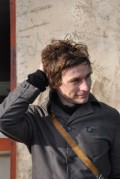
Arno Camenisch Arno Camenisch was born in 1978 in the village Tavanasa (canton of Grisons, Switzerland). He graduated from primary and secondary school in his native village, then attended Normal School in the town of Chur. It is fresh graduate of the Swiss Institute of literature from Biel / Bienne, a city where he lives today with his wife and daughter. He traveled extensively in Europe, Australia, Asia and South America. Camenisch writes in Romans and German prose and poetry and works in various periodicals.
Volume: Ernesto and other lies Ed Romania, 2005 (Romans), Mount Sez Ner, Urs Engeler Editor, 2009 (Romans bilingual German text, with translations in French, the book was published in trilingual text in the same year); In behind the station, Engeler-Verlag, 2010 (German).
Literary Awards: Award "By Gold" 2001, Roman literature Days Audience Award 2003, Award GiuRu 2006 Pro Helvetia Award 2007, Award Schiller's literary award Berne canton of Grisons prize promotion, etc. last three in 2010.
Arno Camenisch is considered a great hope in Swiss literature.

6359.png)
![Sez Ner / Mount Sez Ner [1] Sez Ner / Mount Sez Ner [1]](https://gomagcdn.ro/domains/editurauniversitara.ro/files/product/large/sez-ner-muntele-sez-ner-2089-326197.jpg)

